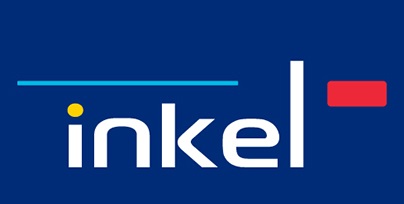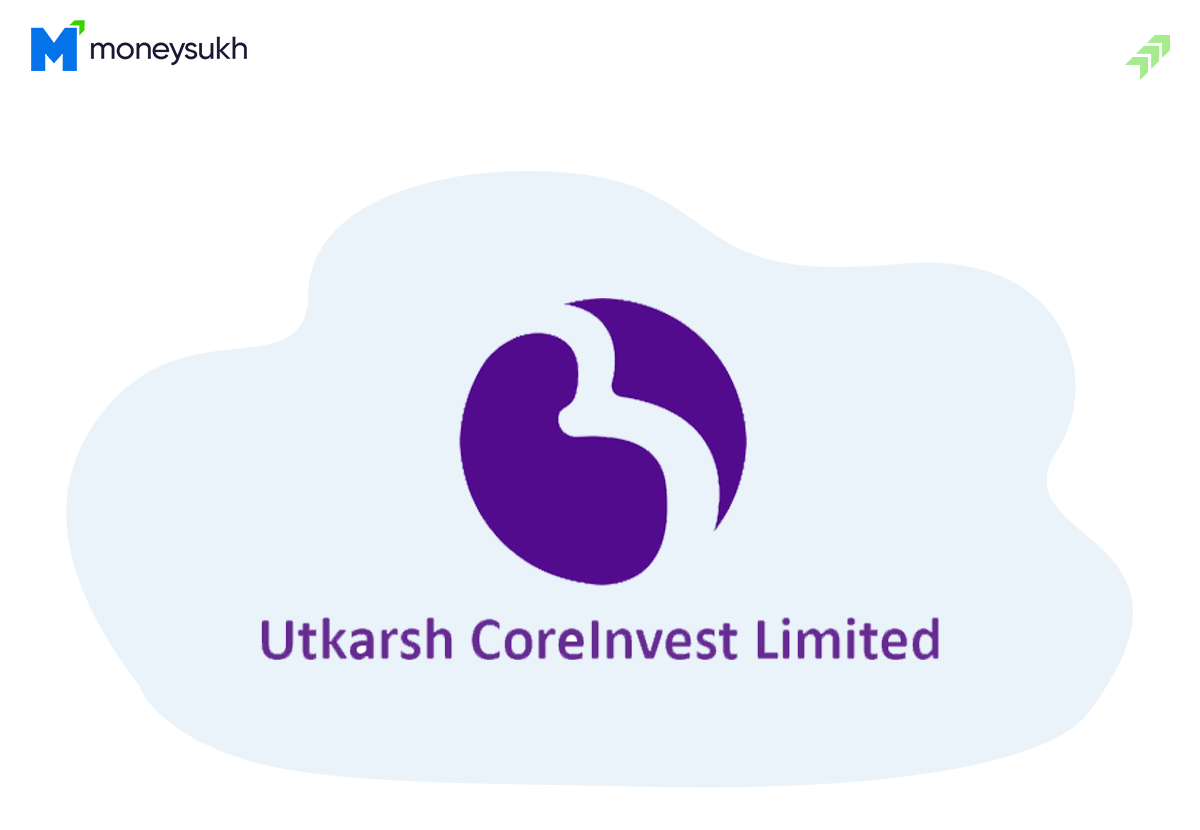Exploring Unlisted Shares: Opportunities Beyond the Stock Market

20-1-2025
What Are Unlisted Shares?
Unlisted shares are equity shares of companies that are not listed on public stock exchanges. These companies typically operate privately, either by choice or because they do not meet the listing requirements of major exchanges. Examples include startups, family-owned enterprises, and pre-IPO companies.
Since unlisted shares are not traded on regulated markets, they are bought and sold through over-the-counter (OTC) transactions, private placements, or direct negotiations. This makes them less liquid but offers investors access to promising businesses in their early stages of growth.
Opportunities in Unlisted Shares
Investing in unlisted shares unlocks opportunities that traditional stock markets may not offer. Let’s dive into the key benefits:
Early-Stage Investment Potential: Unlisted shares allow investors to back startups and emerging businesses during their formative years. If these companies thrive, the returns can be significantly higher than typical stock market gains.
Portfolio Diversification: By including unlisted shares, investors can diversify their portfolios beyond the fluctuations of public markets, reducing overall risk.
Pre-IPO Gains: Many investors target unlisted shares of companies planning to go public. The potential price surge during an IPO can result in substantial profits.
Exclusive Access to Private Markets: Investing in unlisted shares gives access to niche markets and industries that might not be represented on public exchanges.
Limited Market Volatility: Since unlisted shares are not publicly traded, they are shielded from daily market volatility, offering a more stable investment horizon
Types of Unlisted Shares
Unlisted shares come in various forms, each tailored to different investment goals and risk appetites. Here’s a comprehensive overview of the main types:
Private Equity Shares: These are shares in privately-held companies acquired through private equity funds or direct investments. They typically target mature businesses with growth potential or those in need of restructuring. Investors often gain significant influence over the company’s management and operations.
Pre-IPO Shares: Pre-IPO shares are sold by companies that are planning to go public. Investors purchase these shares at a discounted rate compared to their expected IPO valuation. The goal is to capitalize on the potential price increase once the company lists on a public stock exchange.
Employee Stock Options (ESOPs): ESOPs are shares granted to employees as part of their compensation package. These shares often come with vesting conditions, encouraging employees to stay with the company for a longer period. ESOPs provide a way for employees to participate in the company’s growth and success.
Angel Investments: Angel investors purchase equity stakes in early-stage startups, providing them with crucial funding during their initial growth phase. In exchange, angels gain ownership in the company and stand to benefit significantly if the startup succeeds.
Preference Shares: Preference shares are a hybrid form of investment that combines features of debt and equity. These shares provide fixed dividends and priority in the distribution of assets during liquidation, making them less risky compared to common equity. However, they usually do not offer voting rights.
Convertible Debentures: These are debt instruments that can be converted into equity shares at a later stage. They provide a lower-risk entry point into unlisted companies, with the added benefit of equity participation if the company performs well.
Rights Shares: Rights shares are offered to existing shareholders of a company, allowing them to buy additional shares at a discounted price. This helps companies raise additional funds while giving current investors an opportunity to maintain their ownership percentage.
Conclusion
Unlisted shares present a world of opportunities for investors willing to venture beyond the stock market. By providing access to private companies and early-stage ventures, they offer potential for high returns and diversification. However, these benefits come with challenges like low liquidity and higher risk.
Before diving into unlisted shares, thorough research and due diligence are essential. Consulting with financial advisors can also help navigate this unique investment landscape. For investors ready to embrace the unconventional, unlisted shares could be the key to unlocking a rewarding financial future.




























%20Limited%20logo.png)






































































 logo.png)




 logo.png)











